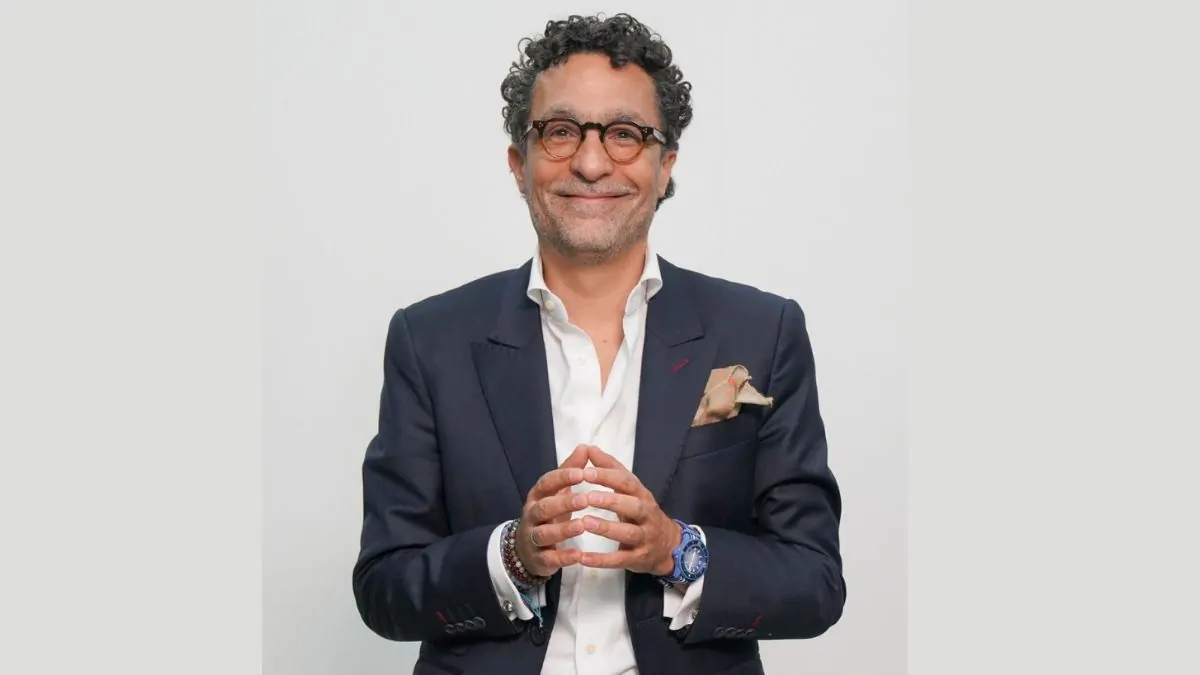'A decade ago, Colombia was an attractive country for clinical research. That's not the case today,' Afidro said.

Over the last decade, Colombia has gone from being one of the most attractive nations for clinical trials in Latin America to being left behind by countries with more agile and collaborative ecosystems, such as Chile. According to Ignacio Gaitán Villegas, president of the Association of Research-Based Pharmaceutical Laboratories (Afidro), the country has lost competitiveness due to slow approval processes and fragmentation among system actors. However, there are signs of hope: the recent formation of a national clinical trials panel opens the door to a strategic revival of the sector.
In an interview with EL TIEMPO, Gaitán noted that Colombia has a unique combination of factors—from its geographic location to the quality of its human talent—that could once again position it as a regional benchmark in clinical research.
The problem, he explains, has been the lack of coordination and efficiency in regulation, particularly on the part of the National Institute for Food and Drug Surveillance (Invima). However, with new institutional commitments and a renewed spirit of collaboration between public, scientific, and private entities, an opportunity has opened up to get back on track.
This Tuesday, Afidro brought together various stakeholders from the health sector in Cartagena for the 31st Andi Health Forum to once again bring forward an optimistic vision and a clear message: it is possible to boost a sector in which Colombia has many opportunities. In addition to the scientific and innovative momentum these studies represent, Gaitán and other stakeholders highlighted the economic and social value of these activities at the meeting: "The more research there is, the less pressure there is on the health system."

Ignacio Gaitán Villegas, president of Afidro. Photo: Afidro
First, let's clarify that this is a clinical trial mechanism through which the industry, generally the pharmaceutical industry, carries out its trials. That's why they're called trials—to test the capacity to develop new molecules, and obviously we do this with patients, with people. In reality, Colombia had the best indicators in the region. First, because the approval of trial trials was very agile with the regulator. Second, our human talent and knowledge are highly recognized, and that made the pharmaceutical industry prioritize Colombia. Third, we have perfect geolocation—I'm talking about thermal floors, I'm talking about tropical diseases. Unfortunately, having ceased to be competitive in terms of access and approval, laboratories began to look to other countries where there is greater agility. There were also much more cohesive ecosystems: patients, scientific entities, laboratories, the State, cities, and departments. That gradually broke down, making Colombia, on the contrary, one of the least attractive countries for clinical trials in Latin America.
Are we seeing renewed optimism in the sector today? Are there conditions in place to revive this industry in the country? What we're seeing today in Cartagena is a perfect example. The Secretary of Health of Bogotá and Cartagena, patients, journalists, scientific societies, were there... and I think if we start there, talking all around the same table, we're taking the first step. We just established the national clinical studies roundtable. It's clear that in three months, we're already seeing a national purpose once again. We met with the director of Invima at our board meeting eight days ago, and Invima also made a commitment to improve access indicators. Without a doubt, I think we're putting all the pieces together to get back on the path we were on.

Latin America could quadruple its clinical research, according to ECLAC. Photo: iStock
It's the most important one. I'd say it's not a current problem. Approval times have been deteriorating for 10 years. We went from being the country with the most competitive days in the region to being in the bottom half. I think the current leadership has raised awareness so we can react quickly.
Can clinical research help improve the efficiency of health spending and reduce costs? The other day, we were at an EL TIEMPO forum and were just talking about this. Today, they gave a truly astonishing figure: with just one disease, in some places where clinical research is conducted in Colombia, the savings were approximately one and a half million dollars for the health system. Without a doubt, this is no longer just theory: the figures show that investment in clinical trials must be part of the system, because it makes the money go further. The more research there is, the less pressure there is on the system. Part of what's stressing the system is that all the financial stress has fallen on public resources, and clinical trials are precisely a way to alleviate that resource pressure on the Colombian health system.

Various stakeholders spoke about clinical research in Colombia this Tuesday. Photo: Afidro
We're losing talent, knowledge, and foreign investment. It's no small feat. Invest Bogotá was at this table right now. We're losing the ability to transfer knowledge and the opportunity to have cutting-edge knowledge or the best in the world of clinical development in Colombia. Therefore, we're losing the ability for patients to access the best healthcare technology in the world.
Is what happened today a first step towards changing that course? Yes, this is the second session we've had in a month with all these stakeholders, and I think the first step was to sit down at the table, and we've already sat down at the table. Now we're going to present the country with a 12-month roadmap to quickly climb the ladder among Latin American countries.
Environment and Health Journalist
eltiempo




